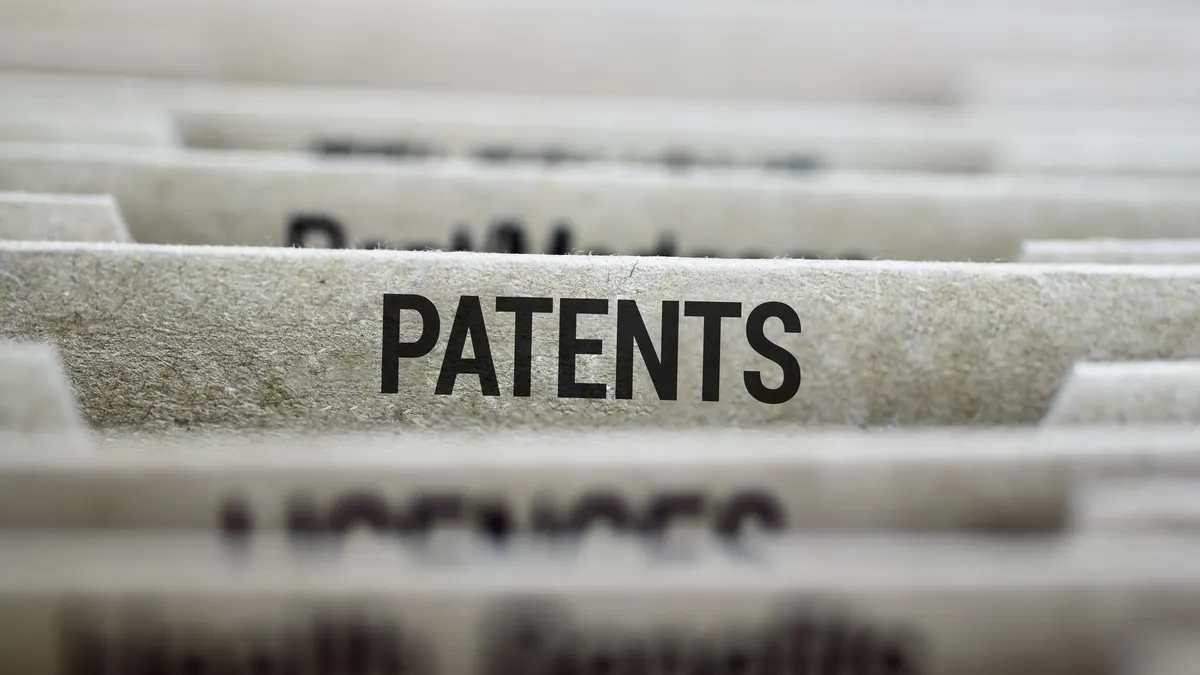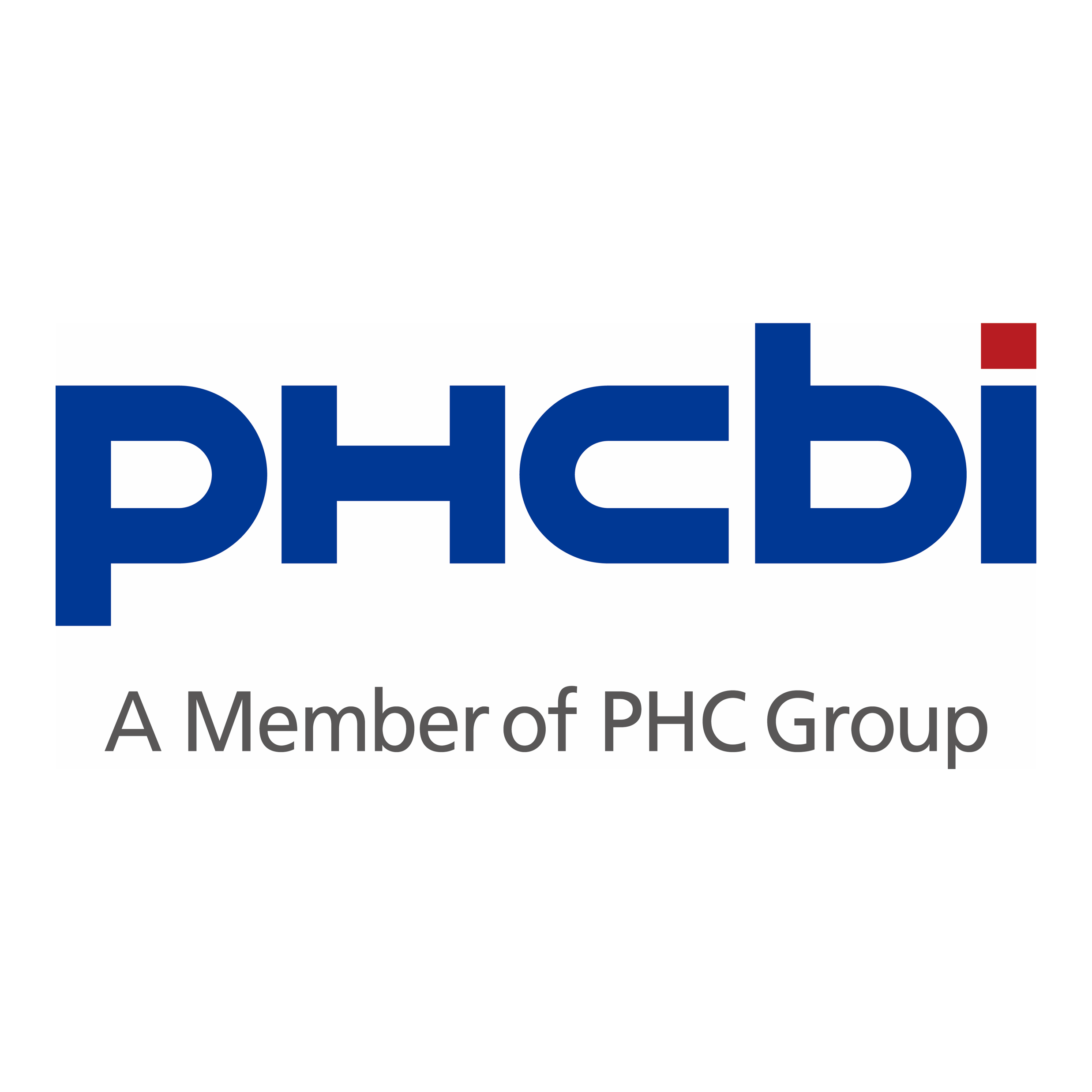Dive Brief:
- Axsome Therapeutics gained more than $1 billion in market value Monday, after the brain drug developer disclosed a patent settlement with Teva Pharmaceuticals that will keep a generic copy of Axsome’s top drug at bay in the U.S. until at least 2038.
- Axsome had sued Teva for patent infringement when the generic drugmaker filed for approval of a knock-off version of Auvelity, a medicine for major depressive disorder that last year earned Axsome some $290 million in net sales.
- Per the settlement struck by the two companies, Teva will gain a license to sell generic Auvelity on or after March 31, 2039, should Axsome gain regulatory exclusivity for pediatric use of the drug. If Axsome doesn’t, Teva can enter the U.S. market with its copy on Sept. 30, 2038.
Dive Insight:
Auvelity is one of three drugs Axsome sells and by far the company’s top product. Auvelity combines a form of dextromethorphan, which is used as a cough suppressant in drugs like Robitussin, and bupropion, an antidepressant compound that on its own was previously marketed as Wellbutrin.
The New York-based biotechnology company also markets Sunosi, a treatment to improve wakefulness in people with narcolepsy or obstructive sleep apnea, and Symbravo, a migraine medicine that U.S. regulators approved last month.
The patent settlement with Teva will ensure Auvelity remains a contributor to Axsome’s business for years to come, and removes the threat of Teva entering the market earlier. The biotech has a large tranche of Auvelity patents that expire in 2034, which would have been the next line of defense if Teva had succeeded in challenging Axsome’s later-dated patents
The settlement also provides for the termination of all litigation between Axsome and Teva over Auvelity patents that was pending in the New Jersey district court. The companies will submit their agreement to the Federal Trade Commission and the Department of Justice for review.
“We see this as a material win for Axsome,” wrote Myles Minter, an analyst at William Blair, in a client note. Graig Suvannavejh, an analyst at Mizuho Securites, took a similar view, calling the settlement a “significant positive” for the company.
Investors seemed to agree, pushing Axsome shares up by 23% through mid-morning Monday. Part of those gains may be expectations the settlement will put Axsome higher on pharmaceutical companies’ lists of deal targets.
“Staying generic entry with this settlement favorably positions the company if there is a potential M&A buyer for Axsome, in our view,” wrote Minter.
There’s some recent precedent for this line of thinking. Intra-Cellular Therapies’ patent settlement with Sandoz for its drug Caplyta was one item Johnson & Johnson reviewed before finalizing a $14.6 billion buyout of Intra-Cellular, recently filed regulatory documents show.














